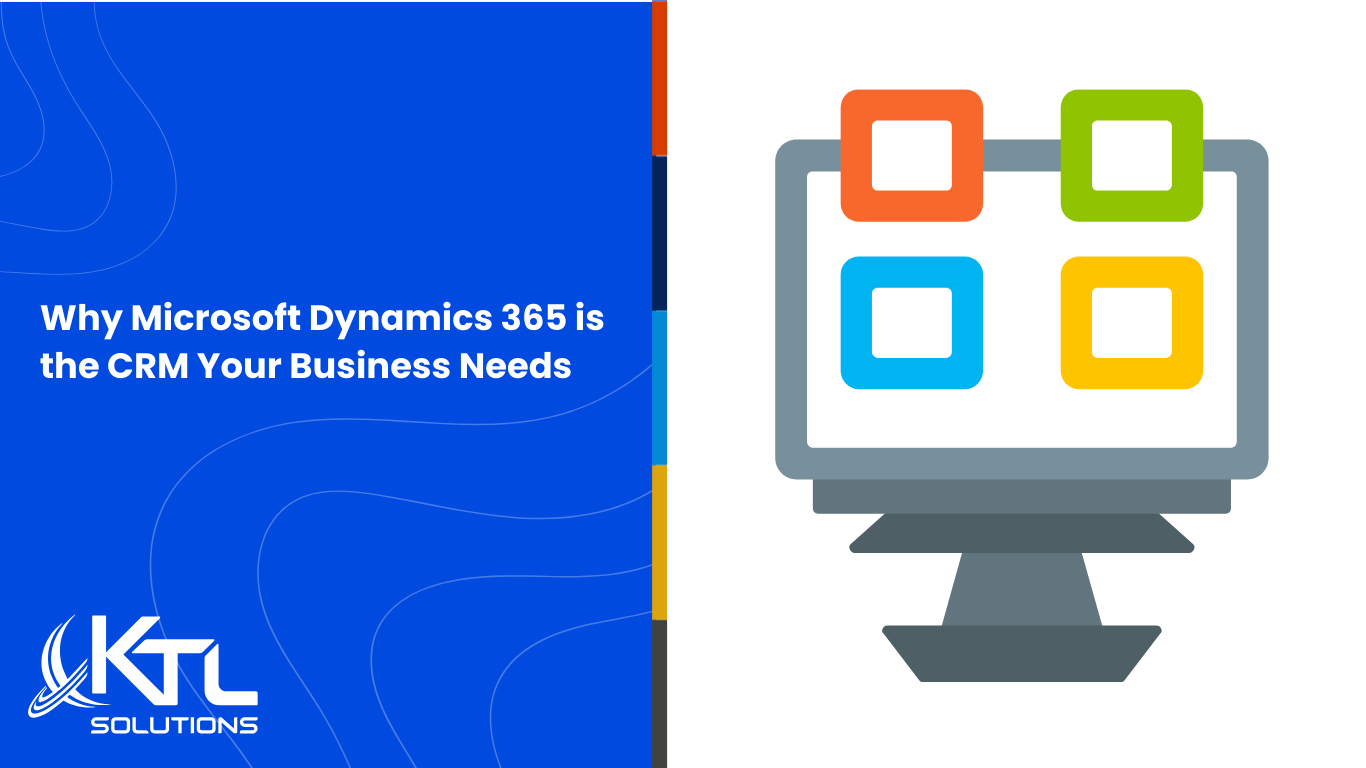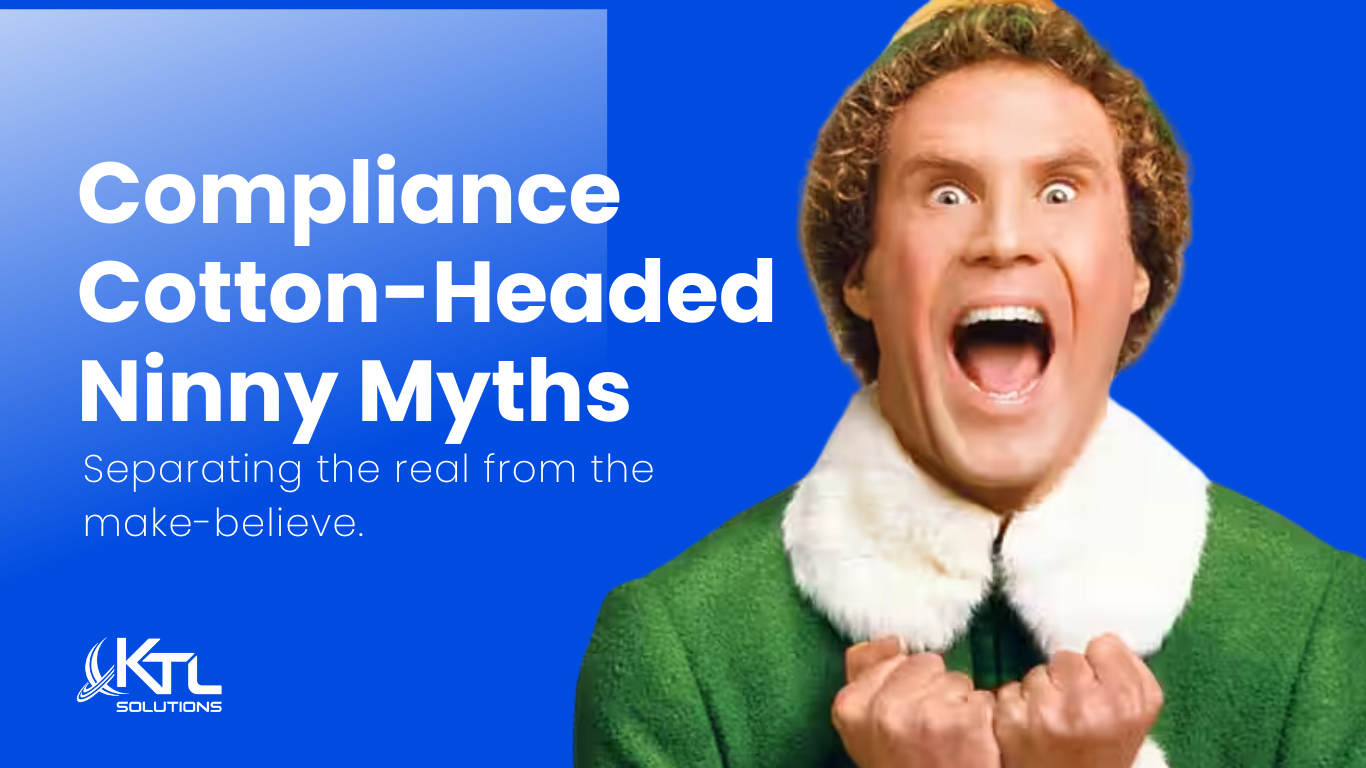With most CRM systems or for that matter any enterprise systems we often hear this saying “Garbage in Garbage out” about the data that resides in these systems. The reality is that most systems do have garbage data and each organization uses different methods to maintain/scrub/cleanse their data. Some organizations use a data warehouse where data is synced from different sources and normalized, the data warehouse is used as the master data source for all reporting and transactional data still remains in the same state. In another situation an ERP would be the source for the master data and all other systems like CRM would sync and integrate with the ERP data. But each system has its users and they too would like to maintain good data. In a modern system like Dynamics CRM, it provides a lot of methods to maintain your data. The following methods can be deployed to keep you data clean:-
- Duplicate detection settings
- Business Rules
- Customization
- Data Insight/cleansing tools
You can setup Duplicate detection rules for any entity in CRM, these rules can be applied when data is imported or even when records are created or updated. The duplicate detection rules can be as detailed as needed or can be simple field matches amongst the same entity. During data entry the system can prompt the user with the duplicate matches and provide with options on the next steps to take. I have created a lot of duplicate detection rules and mostly used fields like email, name, and account category to setup duplicate matching.
CRM data consistency can be maintained by the use of Business Rules. Business Rules was a new feature introduced with CRM 2013 and until then we were using JavaScript customizations and plugins to set consistent data for new and updated records. With the introduction of Business Rules the data validation and setting of default values could be easily setup and managed by business users. For most users they are comfortable and make less data entry errors if you provide them with dropdown selections or checkboxes to enter data, along with that we can use Business Rules and populate appropriate fields which are always consistent as the system is updating them. Business rules work when users are manually entering data in the forms and they can be setup to run even when data is imported in bulk using any data import tools. Business Rules feature helps in setting up consistent and accurate data based on the organizations rules and needs.
With Dynamics CRM and its customization capabilities organizations can setup complex rules to validate and maintain good data in CRM. For example, if an organization wanted to make sure valid addresses are entered within CRM then using USPS web services and CRM customization addresses can be validated while the user is entering the address and the user can be given a choice rather than entering the whole address. This is just an example and with customization capabilities with CRM it can interact with other systems to validate or extract data.
Organizations may realize the need to cleanse their data at a much later stage. If for years bad/inconsistent data had been entered or imported data in CRM then it can be challenging to get to a system state where there is good data and that users start depending on the system. With Dynamics CRM there are a lot of tools developed by ISVs who can help with this task. Some of these tools which I am familiar with are InsideView Social Insights, D&B 360, Experian Data Quality, QGate’s Paribus products and many more. For example, QGate’s Paribus Dynamics CRM product can evaluate your existing data and provide you with statistics on duplicate and incorrect data. You can evaluate the accuracy of the product and the quality of the data that you will gain using the product. There are batch processing functionalities provided by Insideview, D&B, Experian and other to normalize and fix the errors with your data. Insideview’s Social Insight tool can give you all the information on a person/Company based on just their name. In Dynamics CRM you can just enter a name and Insideview’s Social Insights can pull all other relevant information and also import it back into CRM.
Whether you are starting with a new Dynamics CRM implementation or taking up data cleansing project within an existing CRM deployment there are a lot of options to clean and maintain good, meaningful data within CRM.
DAVE VORA | Senior Business Software Consultant and CRM Lead
Dave is responsible for leading KTL’s CRM consultants, assuring that our solution scoping, architecting and delivery meet and exceed customer expectations. Dave has built lasting relationships with clients by understanding their business needs and providing value by leveraging their existing resources. Along with his consulting team, he has delivered effective solutions beyond traditional CRM constraints. Dave has more than eight years of experience in implementing business software for a variety of industries including service, government, distribution, not-for-profit and manufacturing. He graduated with a Bachelors of Science Degree in Computer Science and also a specialization in Management from University of California at Irvine. His experience includes helping companies embrace technology to fulfill their organizational needs and creating innovative solutions using CRM, GP, Scribe and other Microsoft products.




































